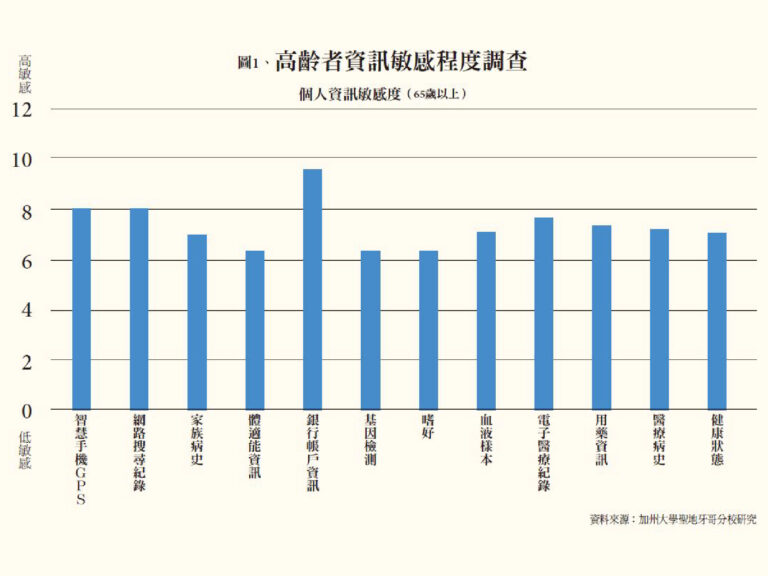Privacy Concerns of Elderly People Regarding Technology Products
Over the past decade, we have seen a lot of innovative technology products targeted at the elderly, but very few home care technology products have successfully become popular. From a functional standpoint, the Internet of Things (IoT), assistive technology, and other AI products can indeed support older adults to live independently, but from a psychological perspective, they do not make the elderly feel at ease in using them.
Recently, the University of California, San Diego, published a study that conducted focus group interviews with more than 30 participants with an average age of 80, in order to gain a deep understanding of why technology products for the elderly fail to meet their needs. In addition to the elderly’s usage habits and digital cognition, these products often ignore the privacy concerns that the elderly care about, becoming obstacles to the popularity of these elderly technology products.
Degrees of Importance in Privacy
According to the study, based on the level of concern for information privacy among the elderly participants, three groups were identified:
- “Privacy Fundamentalists” (40%): This group highly values data privacy and believes in having complete control over their information. They support strict regulations to protect personal information collection and usage.
- “Privacy Pragmatists” (47%): This group prioritizes privacy depending on the situation and is willing to disclose information to trusted parties if it can bring personal benefits.
- “Privacy Unconcerned” (13%): This group does not place a high value on privacy protection or controlling personal information usage.

From the above results, it can be seen that privacy is a very important concern for older adults, who are very concerned about having control over their data. Additionally, due to their lack of understanding of emerging technologies, there is often an initial rejection of new products in light of their privacy concerns. Furthermore, nearly half of the respondents had considerable reservations about privacy, requiring a thorough understanding of data usage and potential benefits before being willing to disclose personal information. If emerging technologies fail to adequately explain data usage and benefits to this demographic, it will be difficult to convince them to adopt such technologies.
The study also investigated the sensitivity of older adults to 12 different types of personal information, with financial data being the most sensitive without question. Other highly sensitive information included smartphone GPS location data, internet search history, EHR electronic medical records, and medication information. It is clear that older adults have many concerns regarding privacy in various forms of information.
Therefore, innovative technologies cannot continually emphasize novelty and convenience, as older adults often have initial feelings of insecurity and distrust toward new technologies. Privacy is often an unspoken but significant concern for them.
Designing for Privacy Protection
Factors Affecting the Acceptance of Technology among the Elderly and the Importance of Designing for Privacy Protection
Recently, a Swedish study showed that factors affecting the acceptance of technology among the elderly differ before and after use. Before use, they are concerned about price, system errors, usability, and negative effects on health. However, these worries disappear after the technology is introduced and some negative concerns even turn into positive perceptions. For example, they may have thought that using the technology would burden their children, but after using it, they find that it actually reduces their family’s workload.
However, concerns about privacy continue to exist both before and after using technology. The elderly’s aversion to and fear of using technology is often rooted in their concerns about privacy. As the elderly generally have a low level of familiarity with technology, designers should consider their usage experience and their concerns about information leakage during the design process.
To avoid causing the elderly to retreat and feel afraid due to unfamiliar operational procedures, designers should enable them to clearly understand their degree of control over their personal information, even if they are unfamiliar with technical terms. Overcoming these challenges is crucial for the development of technology products for the elderly.
Taiwan is about to enter a super-aging society in 2025, and the proportion of elderly people requiring long-term care is gradually increasing. To truly help the elderly and caregivers in their daily lives with IoT and software technology products, designers must solve the reasons for the elderly’s aversion to and poor operation of these products from the perspective of design. This includes designing user interfaces and product promotion strategies that reduce their concerns about the leakage of their personal information.
Article source: JUBO, Shih-Chung Kang
